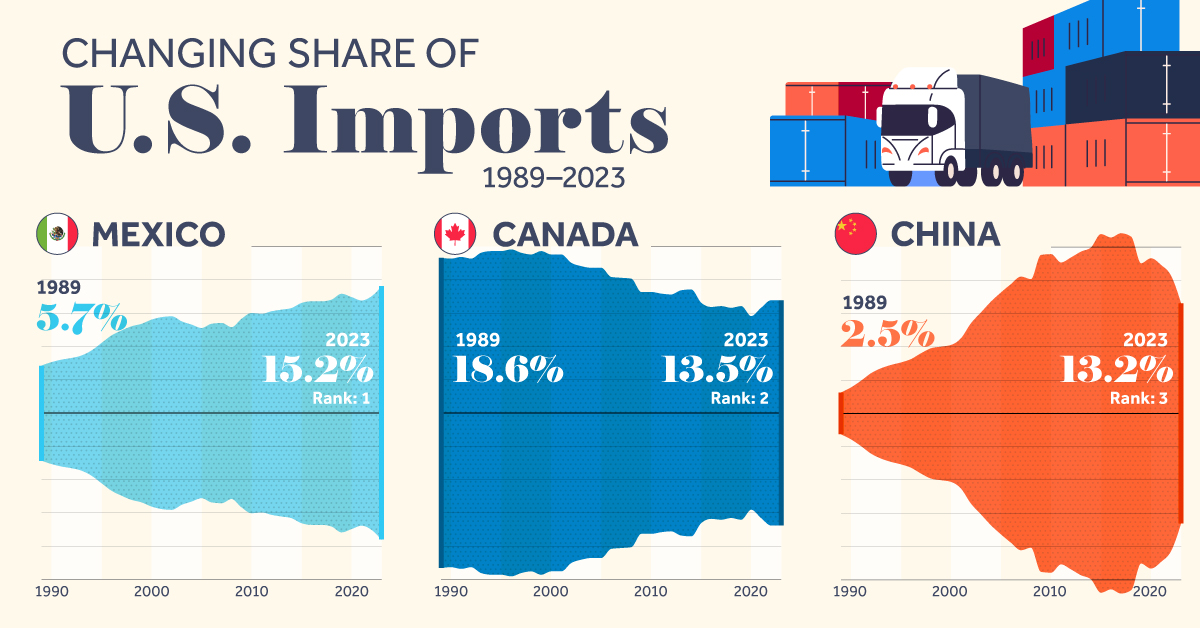ZOOM
8am California, 4pm in Portugal / London / Dublin
https://us02web.zoom.us/j/8044024005?pwd=dEZ5SGZ5d0ZDSmZIMFBPN00vTGt2UT09&omn=8277973018
Meeting ID: 804 402 4005
Passcode: 6RLzyR



Memo from Ed Cohen, Conference Developer / Broadcast Host
whatsapp (+1) 619.787.3100
direct email publisher@globalbusiness.media
 Global Meeting Room™
Global Meeting Room™
My “happy place” because thought-leader Masterminds convene to speak, exchange ideas, build rapport and trust.
Spontaneous conversations converge creating a stimulating, satisfying and a business-friendly atmosphere. Connections are made, linkage / rapport developed.
TRUST is developed !
Your subsequent communications with new connections = YOUR ROI.
Simply, I love being a LINKMAKER™,
developing content / structure, producing / hosting / distributing
the finished program to the world of business and talent development.
Welcome to the conversation.
 GLOBAL LatAm 7
GLOBAL LatAm 7
29 JAN 24
8 California, 10 central, 11 east,
1 Rio/Sao Paulo/Buenos Aires,
4 London/Dublin, 5 cet
Thought-Leadership (developing)
Mike Hibberd
https://www.linkedin.com/in/mike-hibberd
Founder & CEO
Windsor, England
-
Mike’s purpose in founding Global Expat Pay is to deliver an innovative and cost-effective way to simplify global mobility data and payments. This in turn digitises the whole global mobility operating model and eliminates the major causes of inefficiency and cost.
He is passionate about unlocking value for his customers and has brought together a team of people whose combined experience and skillset combines a deep knowledge of global mobility operations with how to apply leading edge technologies to transform the way mobility teams function.
-
There has been lots of focus on the strategic reasons for global mobility programmes but hardly any on how to enable the operations to in turn deliver these talent and strategic outcomes.
-
Simplification of global mobility data and payments is a critical step to eliminate operational time, external cost and make the assignee experience frictionless. This switches on actionable insight and strategic value. Mike’s mission is to bring this to life for all customers.
Before Global Expat Pay, Mike accumulated over 30 years’ experience in the global mobility area as well as being an assignee himself under a variety of policies and locations. He has worked with many of the largest global mobility programmes across the automotive, pharmaceutical, consumer products, telecommunication and financial services sectors.
WILL DISCUSS:
- Supplier collaboration to solve the whole client problem (want to draw out new Gallagher GMS model which has all suppliers fully integrated under one contract and fully integrated/tech enabled service/ draw out partnerships we have invested in to make service frictionless)
- Why getting payroll (shadow and home) right is becoming business critical (fiscal authorities getting harder on compliance for assignees. Not good enough to take care of it through tax return. Leveraging digital tax regimes)
- Cost reduction is trending (again) but where do you start.
Kamylle
Mourão Cavalcante

Senior Manager
APAC, EMEA & LATAM
Immigration Expert
Attorney
Digital Nomad
linkedin.com/in/kamylle-mourão-cavalcante-1ba40079
Portugal (virtual)

Creator of Humony Leadership; humonyleadership.com
Professional Speaker;
Mentoring Good Managers Into Great Leaders;
Leadership Mentor and Coach;
Awarding-Winning Author
GOLD MEDAL WINNER
from Nonfiction Authors Association
Voted 8th Best Indie Book of 2022 by readers at ReadFreely.com
Mexico City
let’s catch-up …

Brazil is leading the charge in renewable energy, accounting for 58% of all Chinese solar panel exports to Latin America. Here’s more ↓
In the last six years, Latin America has imported $26B — or almost twice the GDP of Nicaragua — worth of solar panels from China, the world’s leader in producing and selling them.
Brazil has no shortage of clean energy; as we’ve discussed before, an incredible 86%+ of the country’s electricity comes from renewable sources. Much of the achievement can be attributed to Brazil’s geographical gifts, such as its abundant rivers and windy coastline.
However, its solar panel trade with China clearly shows the country’s efforts to continue leading the world as a green example. Brazil alone accounts for 58% of all Chinese solar panel exports to Latin America, an estimated $14B since 2017, when Ember began reporting this data. Evidently, the region’s biggest country would import the most panels, but it does so disproportionately to its size—roughly one-third of LatAm’s population.
So, how has the rest of the region fared in embracing a solar future? Chile stands out. It has harnessed its abundant solar rays and has steadily grown to produce more solar energy than Mexico, a country with 6x the population and 2.5x the land. Chile nearly doubled its output from 2020 to 2022.
Mexico was off to a strong solar start — on average, it doubled its yearly generation from 2012 to 2021. But then it slowed down for the first time in 2022, producing slightly less than it did the year before. President AMLO set some rules that limited the development of “megaprojects” led mainly by big foreign corporations according to him.
While that may sound all bad, some say it enables smaller, local businesses to serve the country’s solar needs. If Chile is ahead of Mexico, that must mean there’s still much growth ahead for the country and the possibility for Mexicans to create thriving businesses out of this fast-evolving and exciting industry.

Here’s more
This past year, 154K passengers traveled through the Benito Juárez International Airport daily. Before the pandemic, the airport was adding about 3M additional passengers served per year, peaking at around 50M.
What’s more, Mexico is also home to the 2nd-busiest airport in the region’s top 5. Cancun’s airport carries about as many passengers as those of Buenos Aires and Lima combined. That’s not bad for a mainly tourist destination.
In Brazil’s case, the numbers tell a slightly different story. São Paulo’s main airport, Guarulhos, is third-busiest in LatAm, but the city is also home to Congonhas airport. When combine the flight traffic of both, São Paulo is the most popular flight destination in the region.
LatAm’s biggest country has a massive flight industry: 12 out of the 30 busiest airports in the region are in Brazil. The national aviation market, meanwhile, is worth some $10B in annual revenue.
What’s most surprising is how relatively well-connected Latin America is compared to other countries. Brazil and Mexico rank 2nd and 3rd worldwide in number of airports, behind only the United States. It might be tempting to attribute their immense number of airports to land mass, but that argument falls apart when we compare them to other geographical giants—Brazil has 8x the number of airports in China and 11x the number in India.
It’s important to note that most airports are private, and according to several reports many don’t have scheduled flights. So, having numerous airports doesn’t equal a lot of air traffic. Some sources rank Brazil 7th and Mexico 8th in air traffic, well below China, India, and even Turkey.
As LatAm continues to develop, air travel will follow, and developing intelligent strategies for the world to visit our beautiful countries is vital to the process. For example, the cancellation of Mexico City’s much-needed airport revamp likely led to the country missing out on some opportunities. On the other hand, an example of embracing the future was last year’s announcement of a $58M overhaul of Rio de Janeiro’s airports.
If local investors and governments don’t invest in their skies’ infrastructure, others will. After all, a Spanish flight operator gained control of 11 Brazilian airports in 2022 through an auction.
GLOBAL LatAm 6
GLOBAL LatAm 5
GLOBAL LatAm 4
GLOBAL LatAm 3
GLOBAL LatAm 2
GLOBAL LatAm 1





